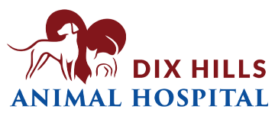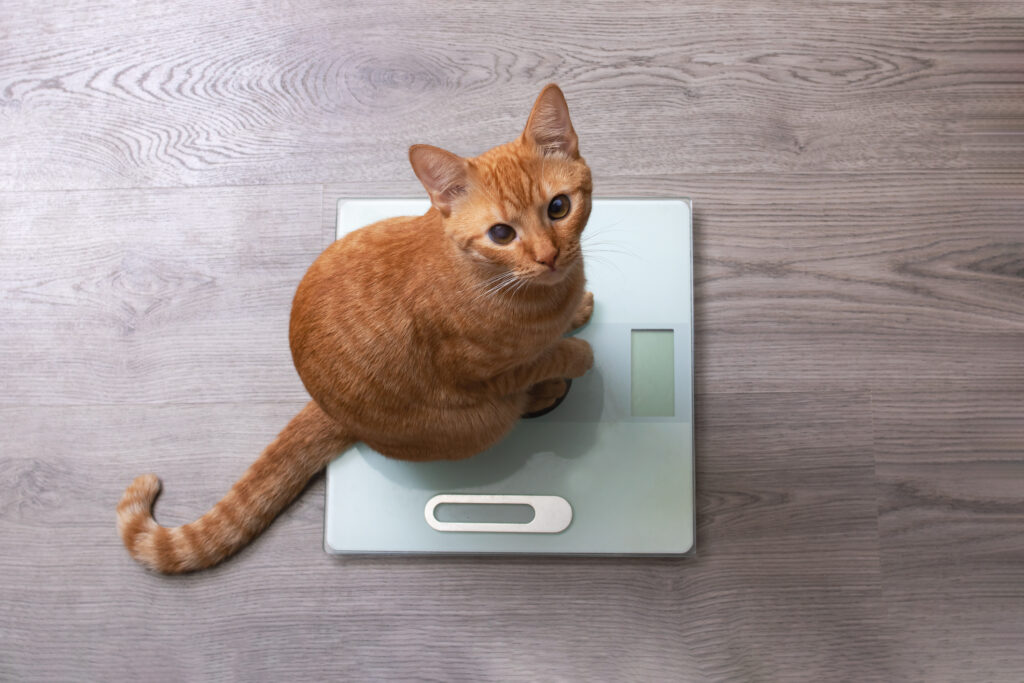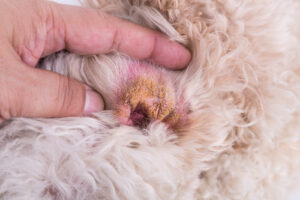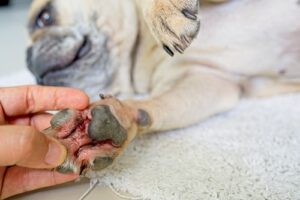Welcome to the Dix Hills Animal Hospital blog, where we love discussing all things pet-related for our local Huntington community. In this article, we’re focusing on an increasingly common problem among our four-legged friends – obesity. Just like in humans, obesity in dogs and cats can lead to various health issues. We’re here to help you understand this issue better so you can protect the health and happiness of your furry friends.
Pet obesity is an escalating concern across the globe. Studies show that about 56% of dogs and 60% of cats in the U.S. are classified as overweight or obese. As a responsible pet parent, understanding and addressing this issue should be a top priority.
How to Identify Obesity in Your Pet
Identifying obesity in your pet may not be as straightforward as it seems. Weight gain in pets can occur gradually, making it easy to overlook. A visit to your local veterinary practice can provide accurate insights, but you can also look out for some common signs at home. These include difficulty in feeling your pet’s ribs, a sagging stomach, and a lack of a visible waistline.
Common Health Risks Associated with Pet Obesity
Obesity in dogs and cats is more than just a weight issue. It can pave the way for several health complications. These include diabetes, heart disease, arthritis, and even certain types of cancers. Understanding these risks can inspire prompt action towards healthier pet lifestyles.
Tackling Pet Obesity: The Role of Diet and Exercise
Prevention is always better than cure, and that rings particularly true with pet obesity. Implementing a balanced diet and regular exercise regimen is key to keeping your pets fit and healthy.
Ideal Pet Nutrition for Weight Management
Just like humans, pets need a balanced diet to maintain a healthy weight. This means meals rich in protein, fiber, and other essential nutrients but low in fats and sugars. But each pet is unique, and their dietary needs may vary. Thus, it’s vital to seek personalized advice from a veterinary professional. It is also important to measure what you are feeding your pet with a measuring cup. Then confirm that the amount is what is recommended by your veterinarian and/or the pet food manufacturer for your pet’s ideal weight (usually there is a feeding recommendation chart on the pet food bag or can).
The Importance of Regular Exercise for Pets
Pets, especially dogs and cats, require daily physical activity. Regular playtime, walks, or even a good game of fetch can help burn calories and keep weight under control. But remember, the exercise needs of pets can vary based on their age, breed, and health status.
The Role of Regular Veterinary Check-ups in Managing Pet Obesity
Pet obesity is a manageable condition, but it requires a collaborative effort between pet owners and their vet. Regular vet check-ups can help monitor your pet’s weight, address nutritional needs, and formulate a suitable exercise plan.
The team at Dix Hills Animal Hospital in Huntington, NY is committed to ensuring the health and wellbeing of your pets. We provide comprehensive check-ups to monitor your pet’s health and offer personalized advice to prevent and manage obesity.
Call us at (631) 271-8383 to schedule an appointment or to learn more. Together, we can make a difference in the lives of our pets, ensuring they live the happy, healthy lives they deserve. We look forward to serving you and your furry friends soon.
